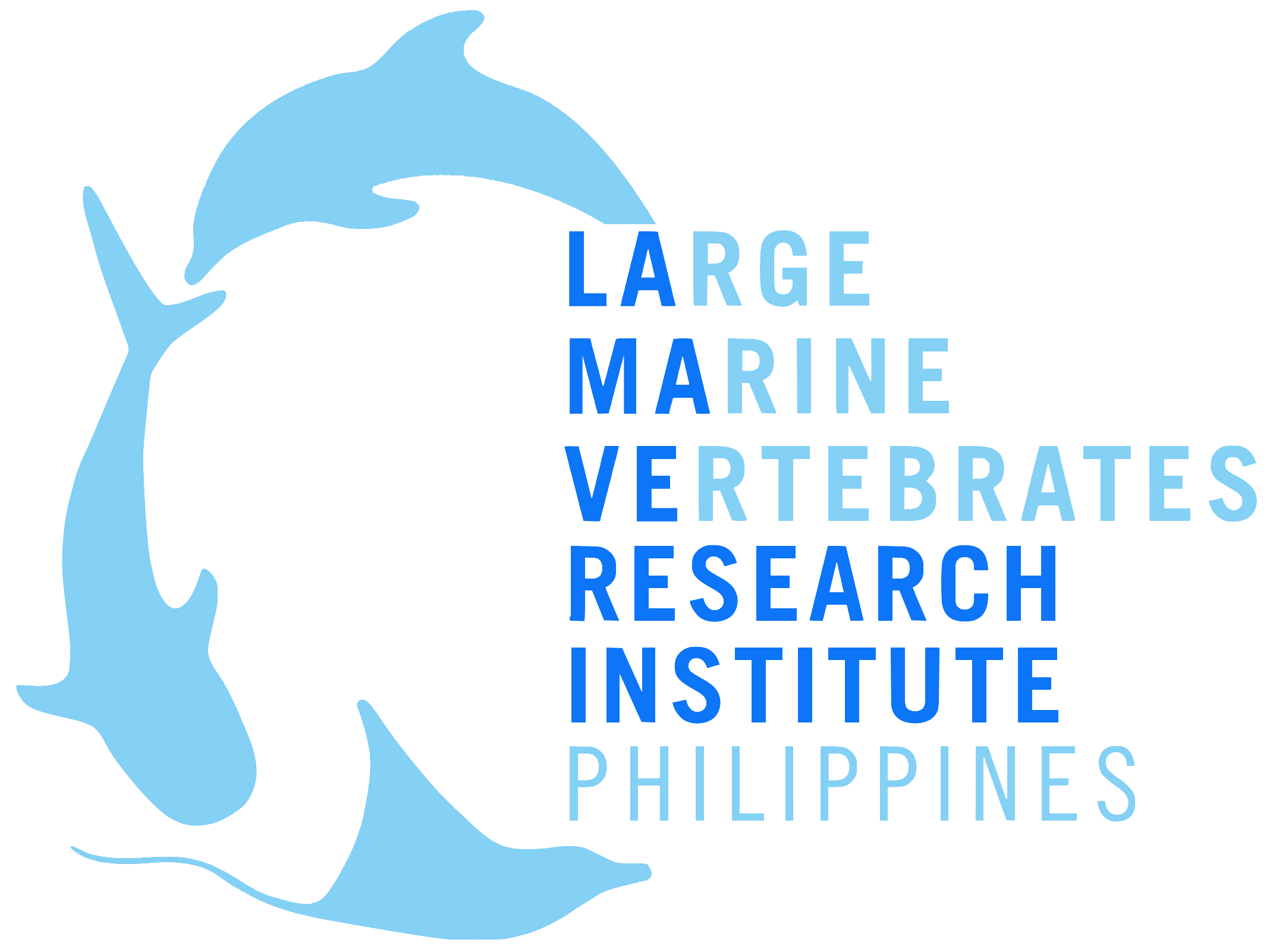Baby whale shark discovery indicates Donsol and the Ticao-Burias Pass are important reproductive habitats for the endangered whale shark
Philippines, November 2020, A new scientific publication from LAMAVE and BFAR Region 5 reports the importance of Donsol and the Ticao-Burias Pass as a likely pupping ground and nursery area for the endangered whale shark.
Read More




















